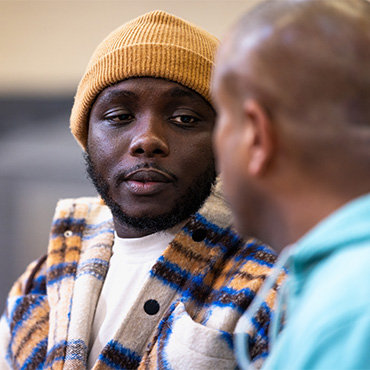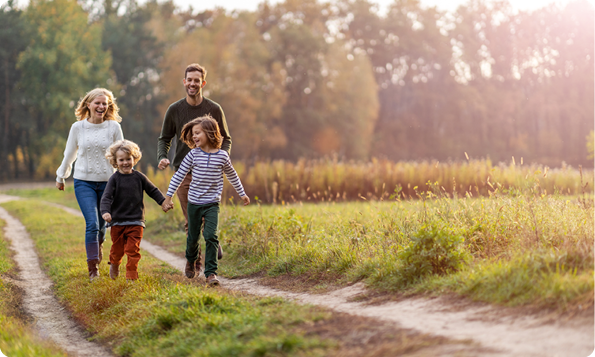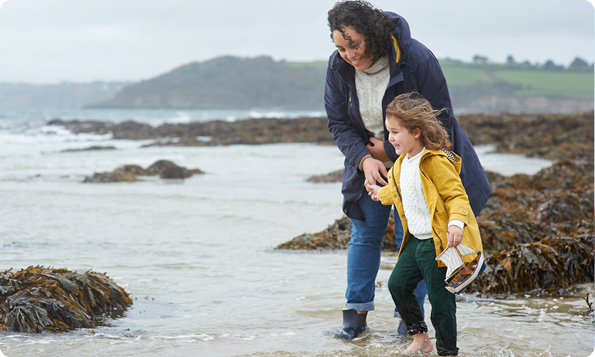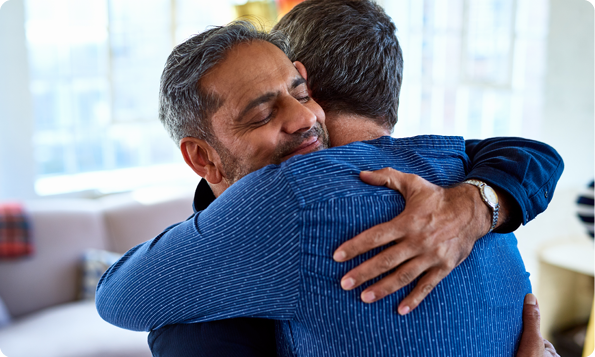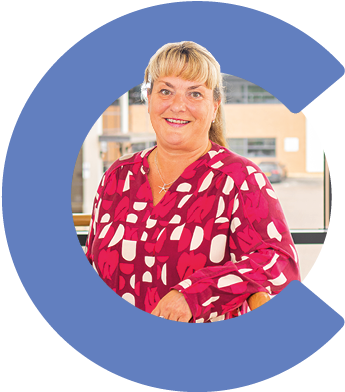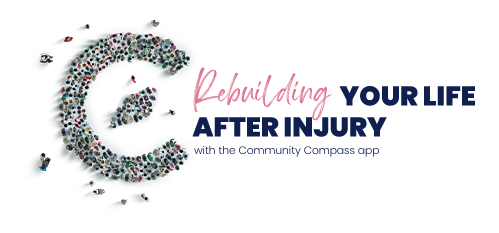1
Free meeting without the need to go ahead with a claim
We’ll come to see you face to face wherever you feel comfortable to find out more about you and your family, what you’re worried about and how we can start helping you. We’ll also talk to you about how your case can be funded, so you’ll have peace of mind and reassurance that making a claim won’t cost you money, even if your claim isn’t successful. We don’t believe in taking money off injured people like some other firms, so there are no hidden charges.
2
Introduce our Rehabilitation and Support Team
Once we understand what’s worrying you, our Rehabilitation and Support Team will be in touch to understand more about your needs and to help you access the urgent support you need. The team include health and social care professionals who can help to plug any gaps in your support. They're on hand to provide you with the emotional and psychological support you might need.
3
Contact the other side to get the ball rolling
We’ll send a letter of claim to the defendant insurers—this is basically a letter telling them what’s happened and why we think they’re responsible. It’s important we make contact with the defendant insurers as soon as possible to make sure your claim can move forward without any delays. They’re allowed time to look into what’s happened and tell us if they admit they’re to blame, they think they’re partly to blame, or they deny blame all together. Sometimes, there’s no response at all.
4
Asking for interim payments
You might be worried about the impact losing a loved one has had on you and money worries. While steps one to three are ongoing, we’ll also be asking the defendant insurers for interim payments. These are payments that you get as soon as possible before your case has settled that can help pay for any ongoing financial difficulties you might be facing.
Next, we’ll start gathering the evidence. This could be to help prove that the other person involved was to blame (known as liability), medical evidence that shows the injuries which ended in the death of your loved one were caused by the incident (causation) and any receipts and wage slips to value your claims (quantum). Liability evidence could be CCTV or police reports, and receipts can include funeral expenses and any proof of loss of earnings from the person who has died.
6
Getting you the support you need
As we carry on gathering all the information to build your case, we’ll be working alongside professionals who are specialists in bereavement to make sure you have the wraparound support you need. We’ll keep working with the defendant insurers to get all this funded for you while your claim is still ongoing so that you don’t have to wait.
7
Working out how much your claim is worth
After gathering all the evidence, we’ll also calculate how much your claim should be worth. We'll look at any funeral costs and expenses you have incurred, as well as how losing your loved ones has impacted your financial situation. Claims for fatal injury will also include a Statutory Bereavement Award. This compensation is awarded to the family in recognition of the grief a person has gone through after the death of a loved one, as well as a financial token in recognition that the person's death was wrongful.
8
Fighting for your best possible outcome
Throughout your whole case we’ll be negotiating with the defendants—whether it’s to get them to accept they’re to blame, agree to release some interim payments to help to support you and your family, or discussing how much compensation you should get. We’ll always fight for your best possible outcomes.


